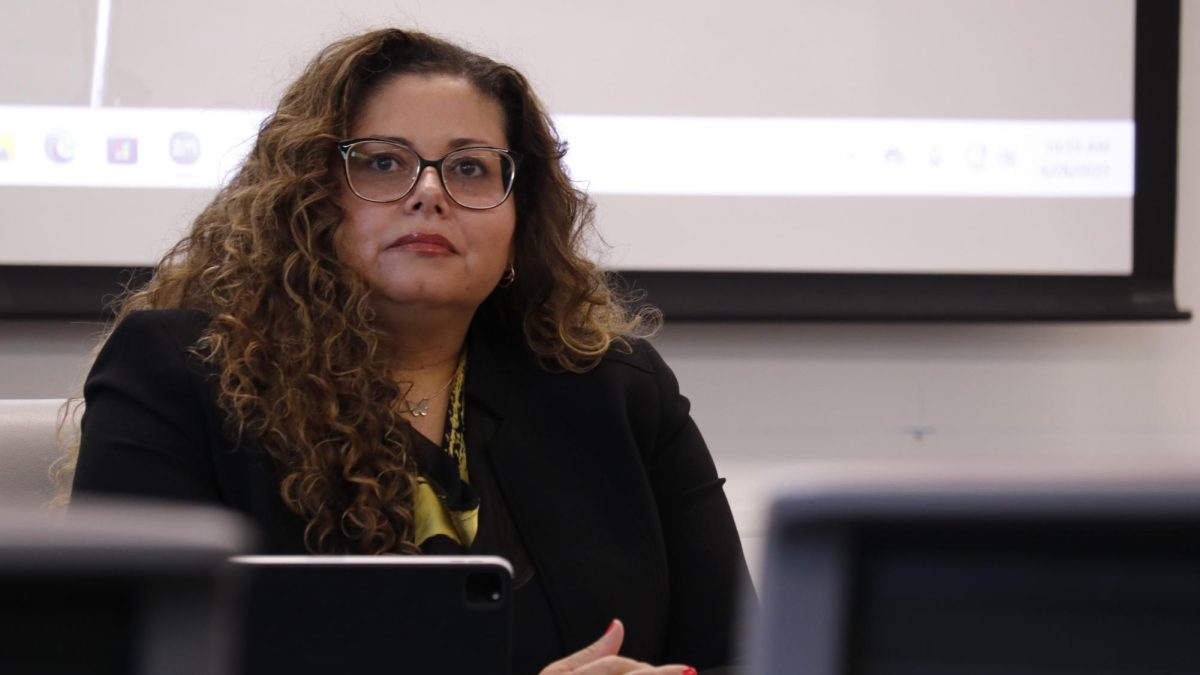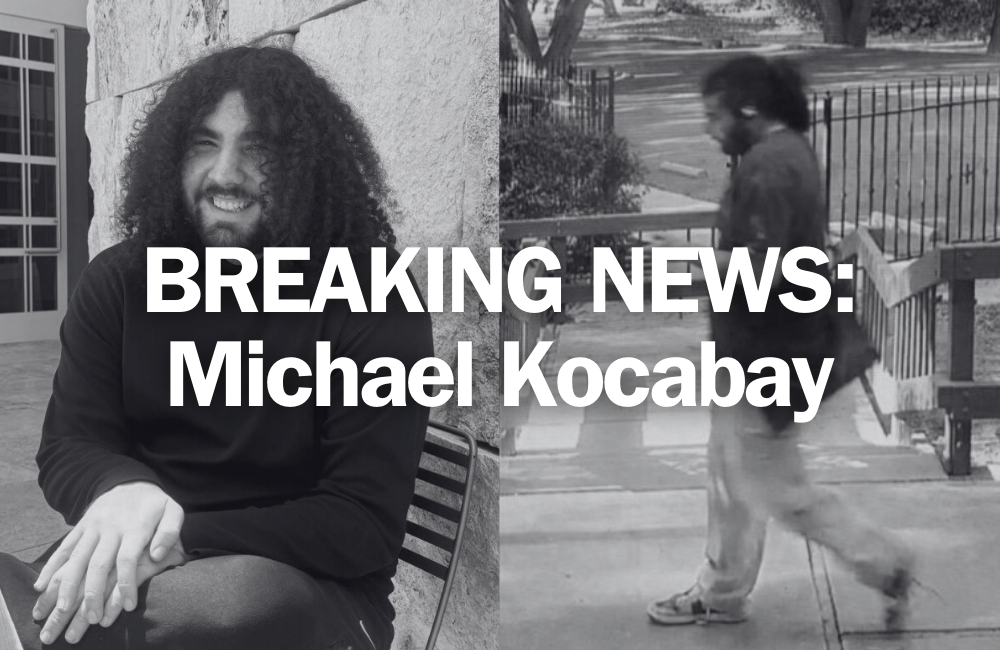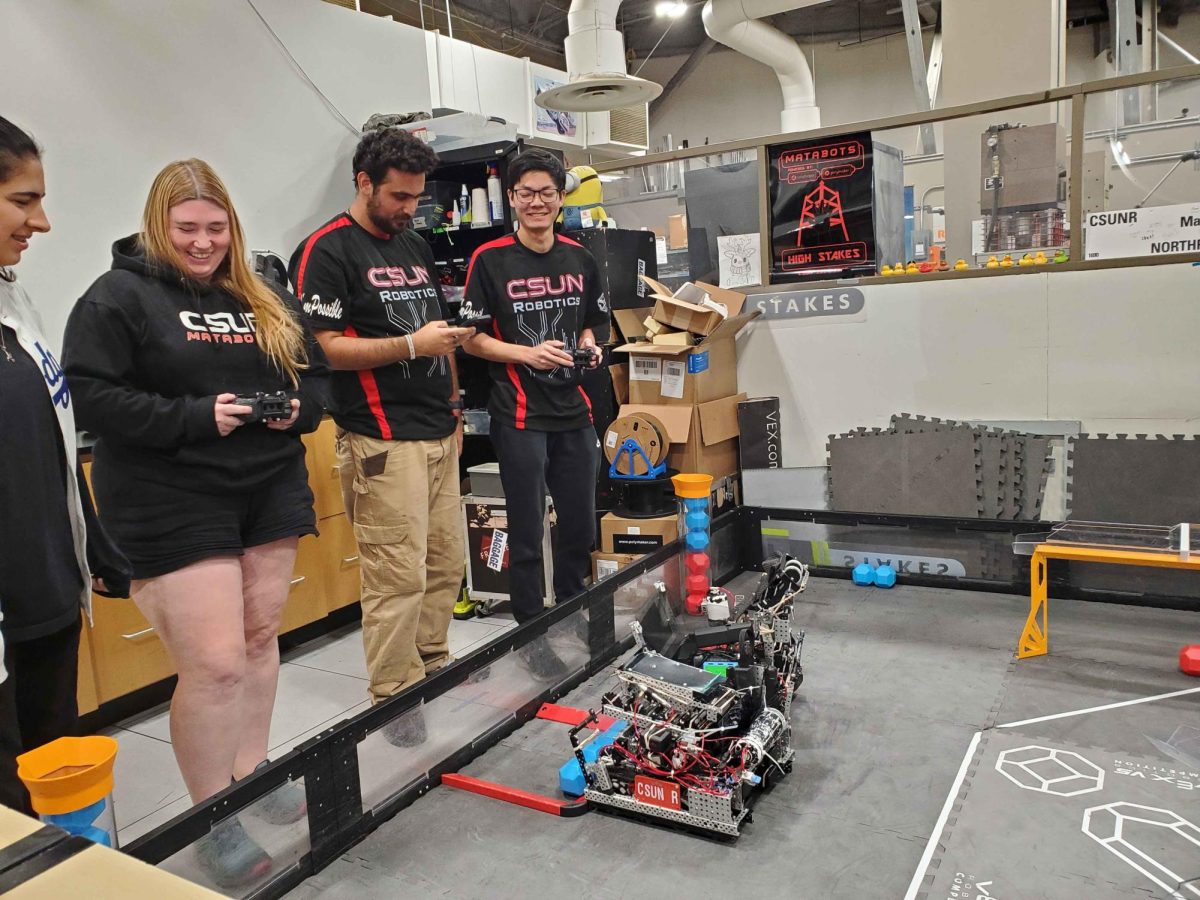Naomi Ogaldez / Contributor
Saud Alsair’s parents received the devastating news every parent of a newborn baby fears most.

The doctors informed them that their son was visually impaired, severe enough to be constituted as a handicap. His parents were deeply saddened by this news, but this did not diminish their love for him.
They attempted to make the best choices in this situation, raising and educating Alsair to the best of their capabilities.
When he was a young child he was able to see with glasses, but over the years his eyesight has worsened. Now, at the age of 23, Alsair can only see shapes in the bright light and at night he is completely blind.
When he turned 18 years old, Alsair moved from Saudi Arabia to California in order to receive proper treatment for his disability and obtain a better education.
Upon arriving, Alsair realized that American was a place with new norms, wardrobe, language and culture.
“I had to really adjust my way of life when I came to California,” Alsair said.
In addition to having to adjust to the American way of life, Alsair had to learn English, which differed greatly from his native Arabic language, which is read from right to left. English is notorious for having a non-linear, complex grammar. But that did not intimidate Alsair, and he took on the task of taking English classes as soon as he got on American soil.
His disability has made his hearing more acute and stronger than the average person. This helps him get a sense of direction and understand what is happening in his surroundings. He is able to pick up noises and sounds an average person would not be able to pick up. For example, he is able to distinguish the different types of car engines by the different sounds they produce.
Beyond that, Alsair’s listening skills have raised the eyebrows of a few of his peers. When fellow classmates ask him about the instructions for a given assignment or important points from a professor’s lecture, Alsair is able to recite detailed instructions and repeat lectures verbatim.
As if learning a new language or studying without the sense of sight were not enough, Alsair faced another problem when he came to CSUN–getting around campus. In order for him to be independent in school and be able to mobilize by himself, he has had to memorize the entire campus, from the buildings to the hallways to the room numbers.
In all of his current classes, he has students that personally take notes for him and aid him with the material being discussed in class. In addition, his roommate, Saad Altkafi, sometimes reads him the notes that the note takers have taken for him and teaches him the material. Altkafi sometimes types out assignments, emails, phone calls and text messages for Alsair.
Despite this dependence, Altkafi does not do all the typing for him. Alsair has programmed his laptop and cell phone to verbally interact with him and provide instructions for programs he uses, read aloud what he is typing and notify him when he has incoming messages.
Alsair does not let his disability become an obstacle for his success in school. “I work hard at everything I do,” he said. “I like to be on top of every single matter of my life.”
And what does being on the top really mean? For Alsair it means reaching the Dean’s List, which he has done three times since he started studying at CSUN.
Alsair is working to obtain a bachelor’s degree in urban studies and planning at CSUN. Although his degree heavily involves visual work such as mapping and architecture design, Alsair does not let his inability to physically see prevent him from studying in this field. Instead, he uses his imagination to obtain the visual pictures that he cannot see in person.
Alsair hopes to graduate in May 2013. He plans to take his degree and create and increase the number of special public transportation for the disabled. He wants to set up services that will care for the disabled and provide them guidance. He also hopes to make housing complexes for the disabled that will also treat them with care.
Alsair’s experience with his disability has taught him to adopt a simple approach when it faced with challenge: “Never say never.”
“There will always be obstacles in our lives,” Alsair said. “We have to stay strong. We don’t choose how our lives turn out. We just have to deal with them and continue moving forward – everyone has the capability of doing great things.”




